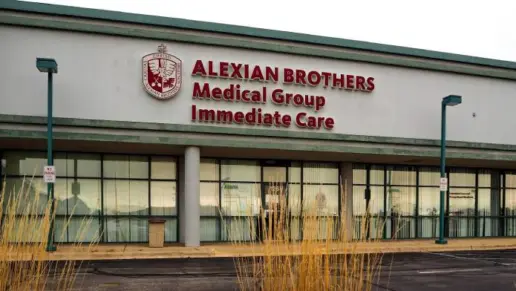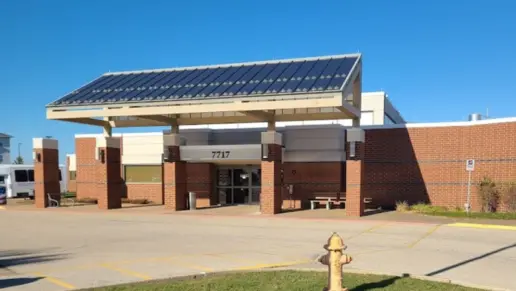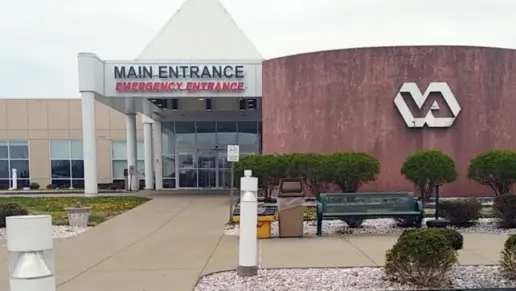Several years ago I came here with anxiety issues, and they treated me very good to the point they motivated me to help myself and to help others as well. I would recommend them to anyone struggling with any mental health issue, they are wonderful people that will help you i ...
About Ascension Illinois Center for Mental Health Arlington Heights
Ascension Center for Mental Health is a rehab and mental health center in Arlington Heights, Illinois. It’s been a part of the recovery care in Chicago’s suburbs since 1962, and it’s a trusted member of the community.
This rehab makes sure your program for addiction recovery is personalized. You can get therapy and other services at nearly any level you need. The partial hospitalization program for example is for adults with drug addiction or alcohol addiction. You basically have treatment during the day on weekdays but you live at home and spend your evenings and weekends at home. The program usually lasts four or five weeks.
When you get treatment at the Ascension Center for Mental Health you’ll get the benefit of several different methods. There’s group therapy and individual therapy plus medication when it’s helpful. You’ll learn coping skills too and how to prevent relapses. The team here uses lots of different strategies like cognitive behavioral therapy, trauma therapy, yoga, and peer support.
There are a few ways this center is especially unique. First they’re great for people who have both addiction and mental illness because they’re a mental health center and not purely a rehab so they can treat both of these conditions together. Second, they have a mobile crisis team available 24/7 that can come to you when you’re in a crisis and make sure you get the immediate help you need. Finally, they have a transitional program too for people who are coming out of a residential program and want a sober environment and other support for their first year or so.
The main mission of Ascension Center for Mental Health is to be there for you at every stage of your recovery, and clients say that mission is a success. They say this center treated them like gold and made sure they got all the care they needed.
Latest Reviews
Rehab Score
Gallery
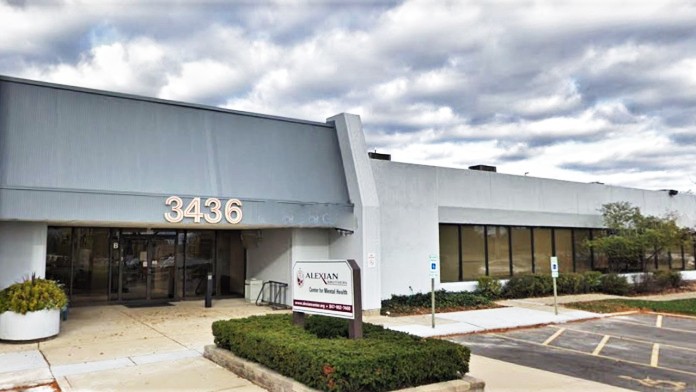
Location
Other Forms of Payment
Private insurance refers to any kind of healthcare coverage that isn't from the state or federal government. This includes individual and family plans offered by an employer or purchased from the Insurance Marketplace. Every plan will have different requirements and out of pocket costs so be sure to get the full details before you start treatment.
Self-pay involves paying for treatment out of your own pocket. You can use savings or credit, get a personal loan, or receive help from family and friends to fund your treatment. If you don't have insurance or your insurance plan doesn't cover a specific program, self-pay can help ensure you still get the care you need.
Financial aid can take many forms. Centers may have grants or scholarships available to clients who meet eligibility requirements. Programs that receive SAMHSA grants may have financial aid available for those who need treatment as well. Grants and scholarships can help you pai for treatment without having to repay.
Medicaid is a state based program that helps lower-income individuals and families pay for healthcare. Medicaid covers addiction treatment so those enrolled can use their coverage to pay for rehab. When a program accepts Medicaid the client often pays very little or nothing out of their own pocket.
Medicare is a federal program that provides health insurance for those 65 and older. It also serves people under 65 with chronic and disabling health challenges. To use Medicare for addiction treatment you need to find a program that accepts Medicare and is in network with your plan. Out of pocket costs and preauthorization requirements vary, so always check with your provider.
Military members, veterans, and eligible dependents have access to specific insurance programs that help them get the care they need. TRICARE and VA insurance can help you access low cost or no cost addiction and mental health treatment. Programs that accept military insurance often have targeted treatment focused on the unique challenges military members, veterans, and their families face.
Addiction Treatments
Levels of Care
Treatments
Many of those suffering from addiction also suffer from mental or emotional illnesses like schizophrenia, bipolar disorder, depression, or anxiety disorders. Rehab and other substance abuse facilities treating those with a dual diagnosis or co-occurring disorder administer psychiatric treatment to address the person's mental health issue in addition to drug and alcohol rehabilitation.
At Alexian Brothers Center for Mental Health, psychiatrists are available to evaluate your condition, prescribe medications and monitor your progress. Their psychiatrists provide advanced specialty care to children, adolescents, adults, and older adults with treatment expertise in perinatal and postpartum depression, chronic mental illness, and mental illness co-occurring with substance abuse issues.
Programs


Clinical Services
Cognitive Behavioral Therapy (CBT) is a therapy modality that focuses on the relationship between one's thoughts, feelings, and behaviors. It is used to establish and allow for healthy responses to thoughts and feelings (instead of unhealthy responses, like using drugs or alcohol). CBT has been proven effective for recovering addicts of all kinds, and is used to strengthen a patient's own self-awareness and ability to self-regulate. CBT allows individuals to monitor their own emotional state, become more adept at communicating with others, and manage stress without needing to engage in substance abuse.
Dialectical Behavior Therapy (DBT) is a modified form of Cognitive Behavioral Therapy (CBT), a treatment designed to help people understand and ultimately affect the relationship between their thoughts, feelings, and behaviors. DBT is often used for individuals who struggle with self-harm behaviors, such as self-mutilation (cutting) and suicidal thoughts, urges, or attempts. It has been proven clinically effective for those who struggle with out-of-control emotions and mental health illnesses like Borderline Personality Disorder.
Research clearly demonstrates that recovery is far more successful and sustainable when loved ones like family members participate in rehab and substance abuse treatment. Genetic factors may be at play when it comes to drug and alcohol addiction, as well as mental health issues. Family dynamics often play a critical role in addiction triggers, and if properly educated, family members can be a strong source of support when it comes to rehabilitation.
Whether a marriage or other committed relationship, an intimate partnership is one of the most important aspects of a person's life. Drug and alcohol addiction affects both members of a couple in deep and meaningful ways, as does rehab and recovery. Couples therapy and other couples-focused treatment programs are significant parts of exploring triggers of addiction, as well as learning how to build healthy patterns to support ongoing sobriety.
Nutrition therapy, aka medical nutrition therapy (MNT), is a way of treating physical, emotional, and medical conditions through diet. Specific dietary plans are designed by professional nutritionists or registered dietitians, and patients follow them in order to positively affect their physical and mental health.
In individual therapy, a patient meets one-on-one with a trained psychologist or counselor. Therapy is a pivotal part of effective substance abuse treatment, as it often covers root causes of addiction, including challenges faced by the patient in their social, family, and work/school life.
Group therapy is any therapeutic work that happens in a group (not one-on-one). There are a number of different group therapy modalities, including support groups, experiential therapy, psycho-education, and more. Group therapy involves treatment as well as processing interaction between group members.
Life skills trainings involve all the skills a person must have in order to function successfully in the world. These include time management, career guidance, money management, and effective communication. Vocational Services at Alexian Brothers Center for Mental Health are designed to assist individuals with a variety of mental health needs in obtaining and maintaining competitive employment in the community.
Trauma therapy addresses traumatic incidents from a client's past that are likely affecting their present-day experience. Trauma is often one of the primary triggers and potential causes of addiction, and can stem from child sexual abuse, domestic violence, having a parent with a mental illness, losing one or both parents at a young age, teenage or adult sexual assault, or any number of other factors. The purpose of trauma therapy is to allow a patient to process trauma and move through and past it, with the help of trained and compassionate mental health professionals.
Amenities
-
Yoga Studio
-
Private Rooms
-
Residential Setting
Staff & Accreditations
Staff
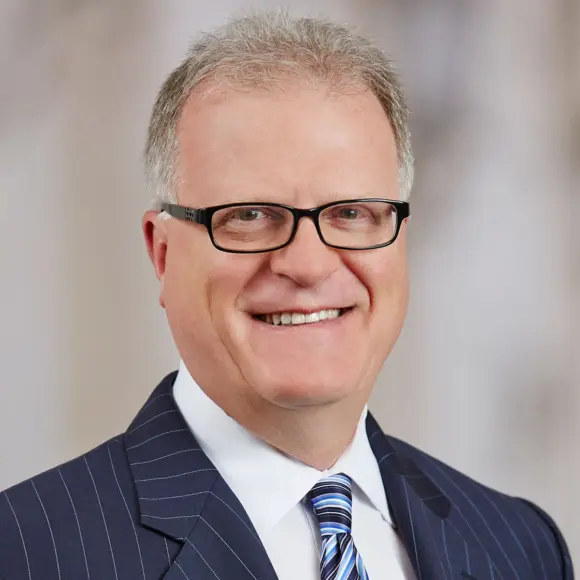
CEO
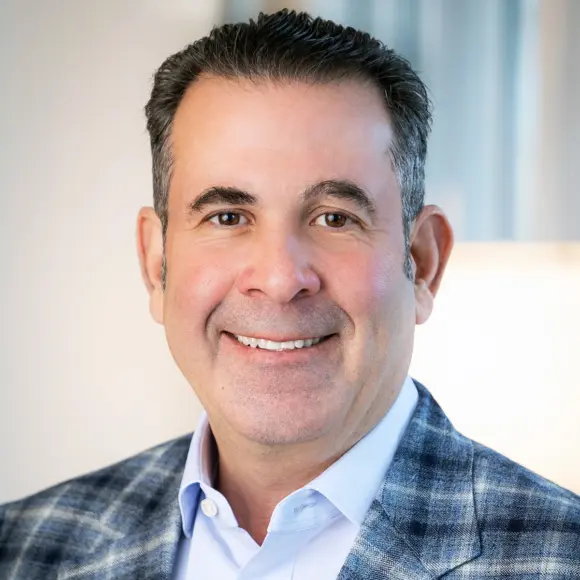
President
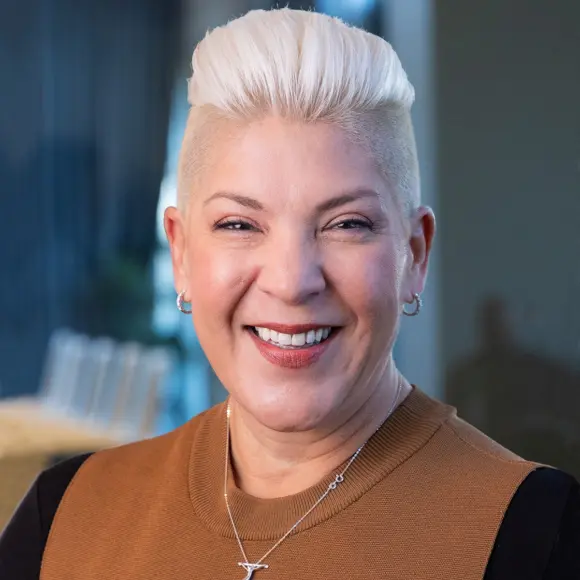
Executive VP of Nursing & Operations Infrastructure
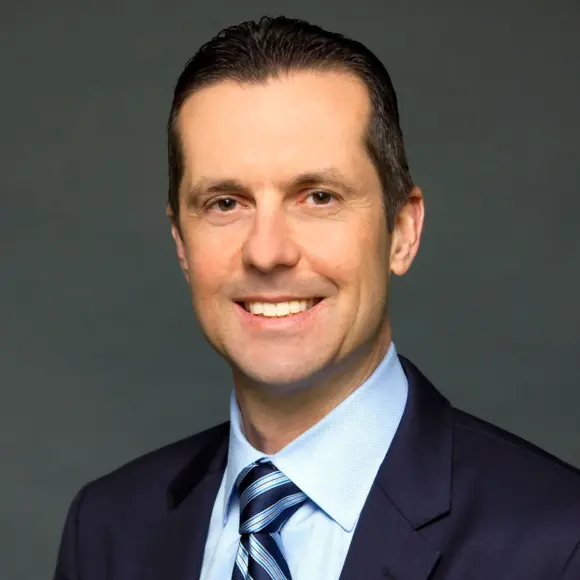
Executive VP & Chief of Staff
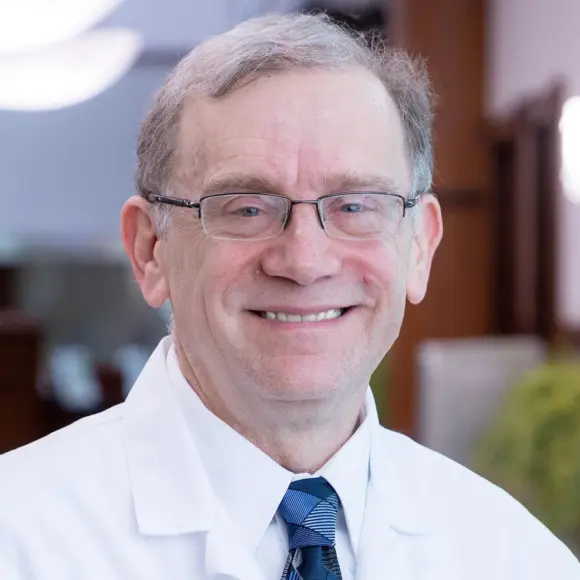
Executive VP & Chief Clinical Officer
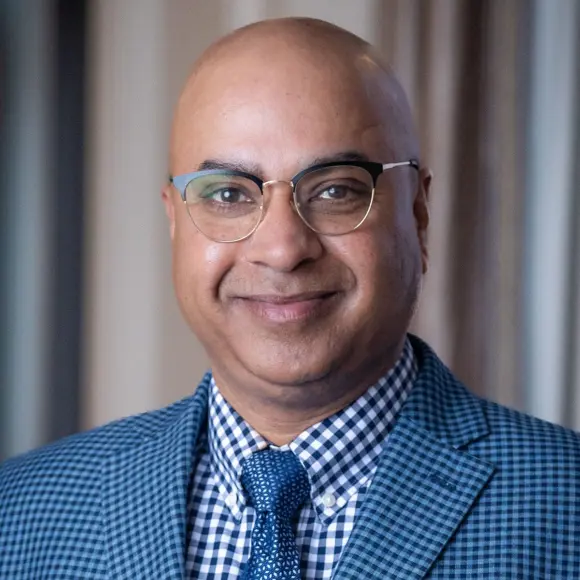
Executive VP & CFO
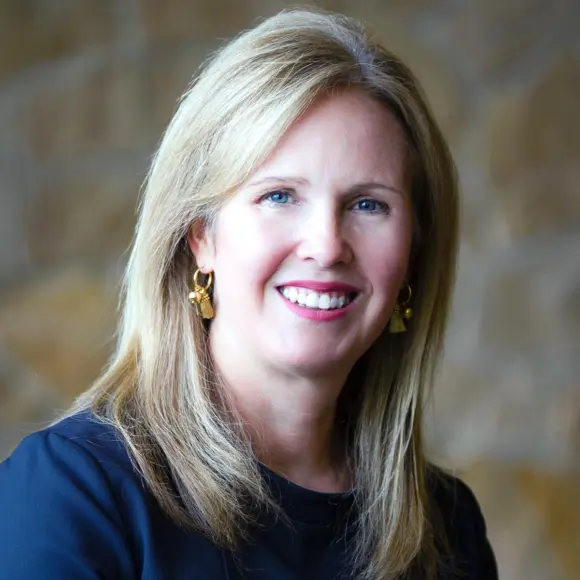
Executive VP & General Counsel
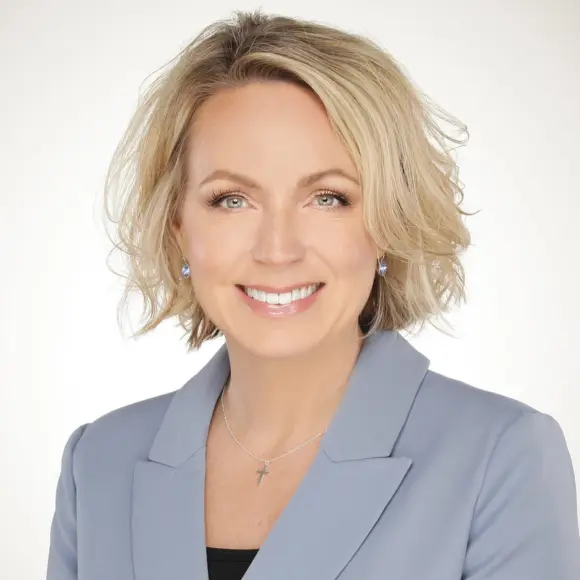
Executive VP & Chief Human Resources Officer
Accreditations

The Joint Commission, formerly known as JCAHO, is a nonprofit organization that accredits rehab organizations and programs. Founded in 1951, the Joint Commision's mission is to improve the quality of patient care and demonstrating the quality of patient care.
Joint Commission Accreditation: Yes
Contact Information
3436 North Kennicott Avenue
Arlington Heights, IL 60004
